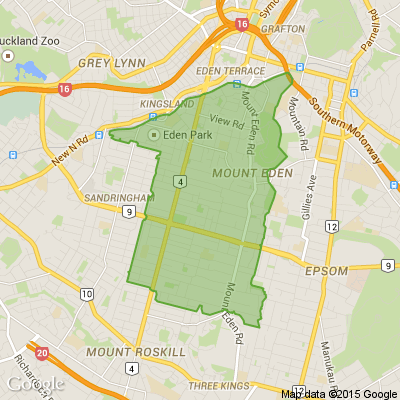Fake Police scam: UK national arrested after nearly $300k lost
A Police investigation has turned the heat up on a cold-calling scammer claiming to be an officer.
Police recently shared about the scam in which victims receive a call to their landline phone, by someone pretending to be a Police officer and providing a fake badge number.
In recent weeks, 18 Aucklanders have allegedly been duped out of more than a quarter of a million dollars.
Detective Senior Sergeant Craig Bolton, from Auckland City’s Financial Crime Unit, says victims are told a story about needing their assistance with an investigation.
“The scam will always involve this so-called officer asking for financial information or asking you to withdraw cash to be collected as part of an investigation into banks,” he says.
On Monday, real Police officers caught up with the scammer following a foot chase through central Auckland.
Detective Senior Sergeant Bolton says a 25-year-old UK national was taken into custody.
Today, he will face the Auckland District Court on 22 charges of obtains by deception, attempting to obtain by deception and escaping custody.
Police will be opposing his bail.
“We will allege in court that this man, who only arrived in New Zealand in early June, was on his way at the time to collect more cash from a previous victim,” Detective Senior Sergeant Bolton says.
“Instead, real detectives turned up at the victim’s doorstep to advise him he was about to be scammed out of $20,000 in cash.
“Financial Crime investigators from all three policing districts' fraud teams in Tāmaki Makaurau have been working together to piece together this offending, and this is a great outcome.”
Aucklanders who fell victim of the scam were aged between 56 and 90, with the majority over 80.
“This man’s alleged actions betrayed the good-will of vulnerable and elderly members of our community,” Detective Senior Sergeant Bolton says.
The offender has victims from right across Auckland, with a total of $297,700 in cash lost.
Detective Senior Sergeant Bolton says enquiries are ongoing, and Police will work to recover as much of the cash as possible.
Please remember:
- Police will never call to ask you for bank details, pin numbers or passwords
- Police do not offer prize money
- Police will not ask you to go to a bank to withdraw money
- If you receive a call out of the blue of a similar nature: challenge the caller to identify themselves, ask for their details.
- Hang up, contact 105 to verify the ID and request the officer to contact you
- If it sounds too good to be true, it probably is.

Social Junior Netball
Get your schoolmates together for 6 weeks of summer fun!
Years 1-8 and Secondary School grades
Starting Thursday 19th Feb
Open to team and individual registrations
Registrations close Friday 13th Feb
Poll: As a customer, what do you think about automation?
The Press investigates the growing reliance on your unpaid labour.
Automation (or the “unpaid shift”) is often described as efficient ... but it tends to benefit employers more than consumers.
We want to know: What do you think about automation?
Are you for, or against?

-
9.5% For. Self-service is less frustrating and convenient.
-
43.4% I want to be able to choose.
-
47.1% Against. I want to deal with people.
Dry cleaners mt Roskill
Hello our fellow neighbors I was hoping someone would know where the old dry cleaners we had up at the lights on dominion road have moved to?? I was out of town and when I came back they were gone .... I had some items that I would really love to get back but if only I new where they moved to or how to get In Touch with the owners to see what they did with our clothes if they closed down or moved elsewhere? Any updates or news about it would be amazing neighbors. Have a great day









 Loading…
Loading…